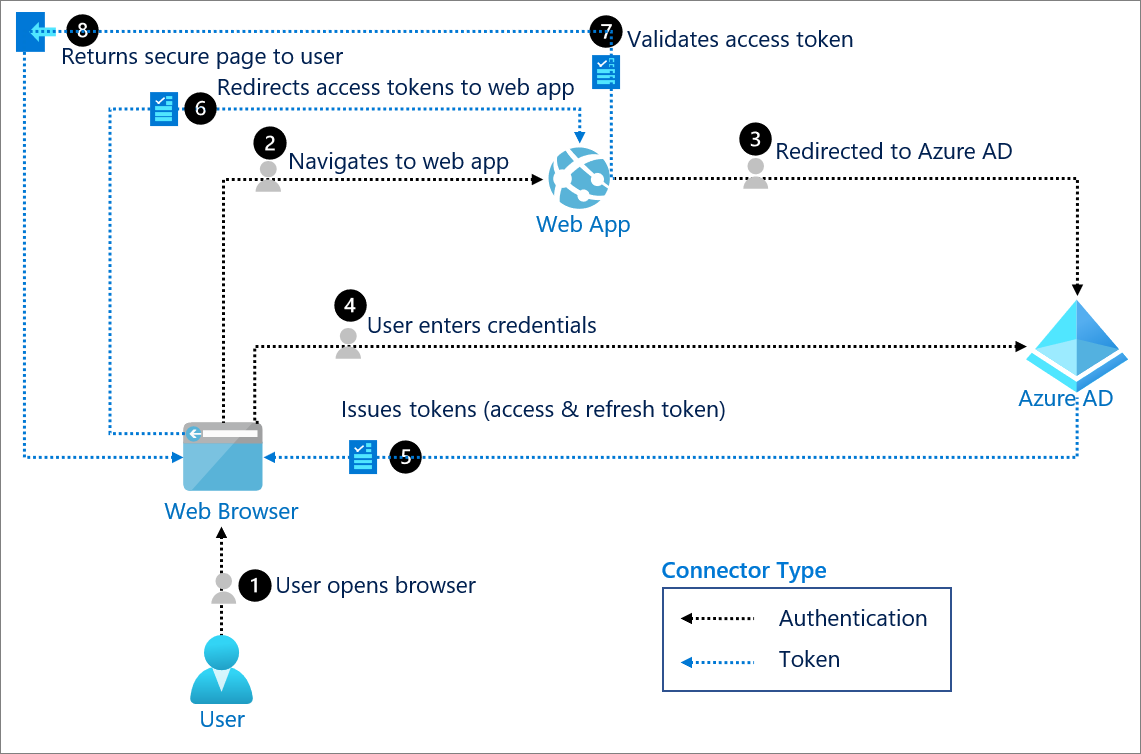The 23andMe Breach: How Not to Handle a Cyber Security Incident
The genetic testing company 23andMe has been handed a £2.31 million fine by the UK's Information Commissioner's Office (ICO) following a devastating data breach that exposed the personal information of seven million people worldwide. For cybersecurity professionals, this case offers sobering lessons about the catastrophic consequences of inadequate security practices.

The Scale of the Breach
The numbers alone tell a stark story. Over 150,000 British users had their most intimate data stolen, including:
- Genetic profiles and family trees
- Health reports and medical predispositions
- Race and ethnicity information
- Personal details (addresses, dates of birth, profile pictures)
Perhaps most chilling was the discovery of a database containing nearly one million people allegedly identified as having Ashkenazi Jewish heritage – information that could be weaponised for discrimination or targeted harassment.
A Timeline of Failures
The breach timeline reveals a pattern of security failures that should concern every organisation handling sensitive data:
April 2023: Attack begins
October 2023: 23andMe finally opens investigation (6 months later)
End of 2023: Security defences finally strengthened enough to halt the attack
This six-month delay between the attack commencing and the company's response represents a fundamental failure in threat detection and incident response capabilities.
What Went Wrong
The ICO's investigation identified several critical security failures:
Inadequate Security Systems
23andMe's security infrastructure was simply not fit for purpose given the sensitivity of the data they were handling. Basic security controls that should have been in place were absent or ineffective.
Poor Threat Detection
The company had no effective monitoring systems to detect the ongoing attack. It took an employee stumbling across their stolen data being advertised for sale on Reddit to trigger an investigation.
Delayed Response
Even after discovering the breach, 23andMe's response was slow and inadequate. The ICO noted that "warning signs were there" but the company failed to act on them promptly.
Failure to Protect Sensitive Data
Genetic information is amongst the most sensitive personal data possible – it's immutable, hereditary, and reveals intimate details about individuals and their families. 23andMe failed to implement security measures commensurate with this level of sensitivity.
The Business Consequences
The breach's impact extended far beyond regulatory fines:
- Bankruptcy: By March 2025, 23andMe had filed for bankruptcy
- Trust collapse: Unable to rebuild customer confidence
- Fire sale: The company is being sold for just $305m (£225m)
- Legal challenges: 28 US attorneys general have launched legal action
- Regulatory scrutiny: Multiple investigations across jurisdictions
This demonstrates how a single cybersecurity failure can destroy a business entirely.
Lessons for Organisations
1. Sensitive Data Requires Exceptional Security
Organisations handling sensitive data must implement security controls that match the risk profile. Genetic data, financial information, and personal health records demand the highest levels of protection.
2. Detection is as Important as Prevention
23andMe's failure to detect the attack for six months highlights the critical importance of robust monitoring and threat detection capabilities. You cannot respond to threats you cannot see.
3. Incident Response Must Be Rapid
In cybersecurity, time is everything. The longer an attack continues undetected, the more damage it causes. Every organisation needs tested incident response procedures and the capability to execute them quickly.
4. Regular Security Assessments are Essential
The ICO noted that "warning signs were there" – suggesting that proper security assessments could have identified vulnerabilities before they were exploited.
5. Data Retention Policies Matter
Questions about whether 23andMe truly deletes user data when requested highlight the importance of clear, implemented data retention and deletion policies.
Regulatory Implications
The £2.31 million fine represents the maximum penalty the ICO can impose, reflecting the severity of the failures. However, as cybersecurity expert James Moss noted, the enforcement order – which dictates how data must be protected going forward – may be more significant than the financial penalty.
This case demonstrates that regulators are taking an increasingly tough stance on organisations that fail to protect sensitive personal data adequately.
Protecting Your Organisation
The 23andMe breach offers clear guidance for organisations seeking to avoid similar failures:
Implement Comprehensive Monitoring: Deploy systems that can detect unusual access patterns and potential breaches in real-time.
Develop Robust Incident Response: Have tested procedures for rapidly responding to security incidents, including clear escalation paths and communication protocols.
Regular Security Assessments: Conduct frequent penetration testing and vulnerability assessments to identify weaknesses before attackers do.
Data Classification and Protection: Ensure security measures are appropriate to the sensitivity of the data you're handling.
Staff Training: Ensure employees can recognise and respond to security threats appropriately.
Moving Forward
The 23andMe case serves as a stark reminder that in today's threat landscape, cybersecurity is not optional – it's existential. Organisations that fail to implement adequate security measures risk not just regulatory fines, but complete business failure.
For businesses handling any form of sensitive data, the message is clear: invest in robust cybersecurity measures now, or risk joining 23andMe in the growing list of companies destroyed by preventable security failures.
The question every business leader should ask is not whether they can afford to invest in proper cybersecurity, but whether they can afford not to.
Contact Altiatech to discuss how we can help protect your organisation from similar threats. Email: innovate@altiatech.com | Phone: +44 (0)330 332 5482
















